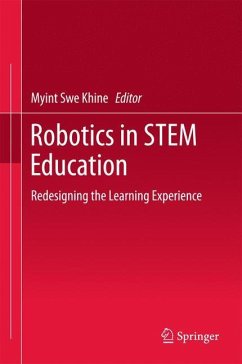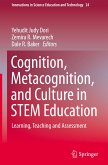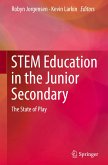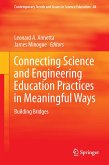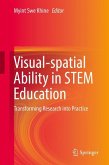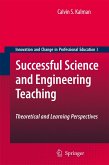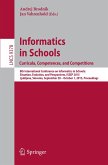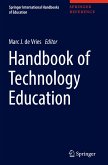This book describes recent approaches in advancing STEM education with the use of robotics, innovative methods in integrating robotics in school subjects, engaging and stimulating students with robotics in classroom-based and out-of-school activities, and new ways of using robotics as an educational tool to provide diverse learning experiences. It addresses issues and challenges in generating enthusiasm among students and revamping curricula to provide application focused and hands-on approaches in learning . The book also provides effective strategies and emerging trends in using robotics, designing learning activities and how robotics impacts the students' interests and achievements in STEM related subjects.
The frontiers of education are progressing very rapidly. This volume brought together a collection of projects and ideas which help us keep track of where the frontiers are moving. This book ticks lots of contemporary boxes: STEM, robotics, coding, and computationalthinking among them. Most educators interested in the STEM phenomena will find many ideas in this book which challenge, provide evidence and suggest solutions related to both pedagogy and content. Regular reference to 21st Century skills, achieved through active collaborative learning in authentic contexts, ensures the enduring usefulness of this volume.
John Williams
Professor of Education and Director of the STEM Education Research Group
Curtin University, Perth, Australia
The frontiers of education are progressing very rapidly. This volume brought together a collection of projects and ideas which help us keep track of where the frontiers are moving. This book ticks lots of contemporary boxes: STEM, robotics, coding, and computationalthinking among them. Most educators interested in the STEM phenomena will find many ideas in this book which challenge, provide evidence and suggest solutions related to both pedagogy and content. Regular reference to 21st Century skills, achieved through active collaborative learning in authentic contexts, ensures the enduring usefulness of this volume.
John Williams
Professor of Education and Director of the STEM Education Research Group
Curtin University, Perth, Australia

